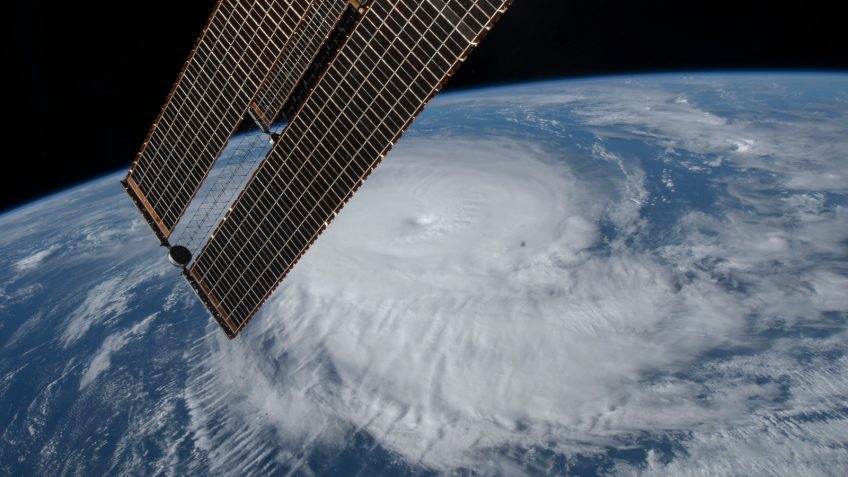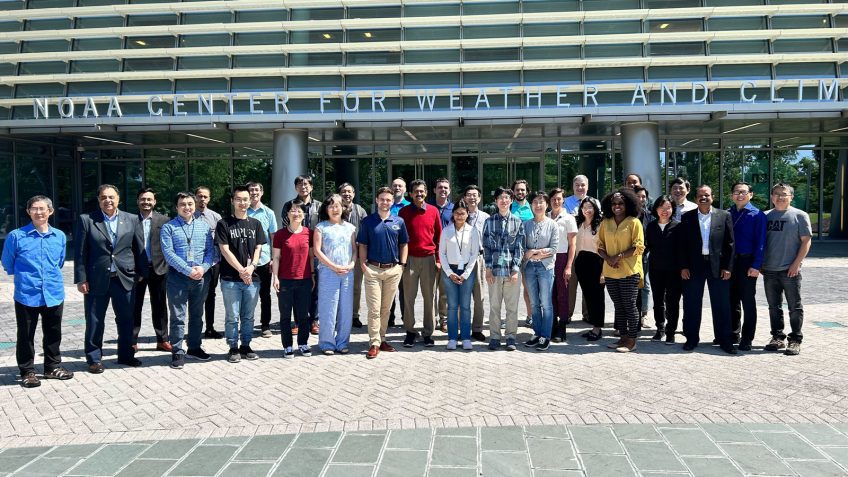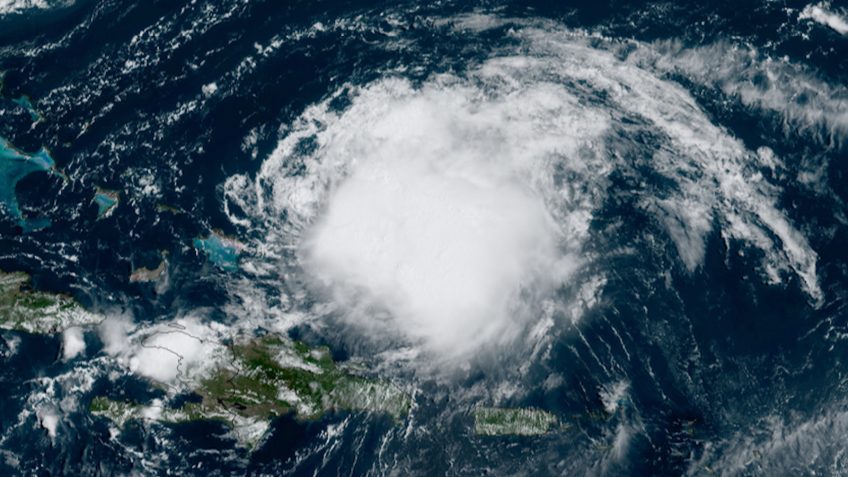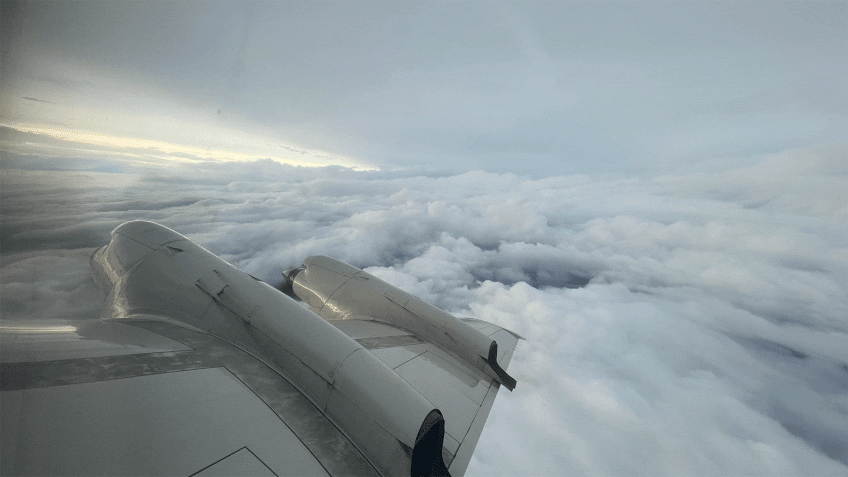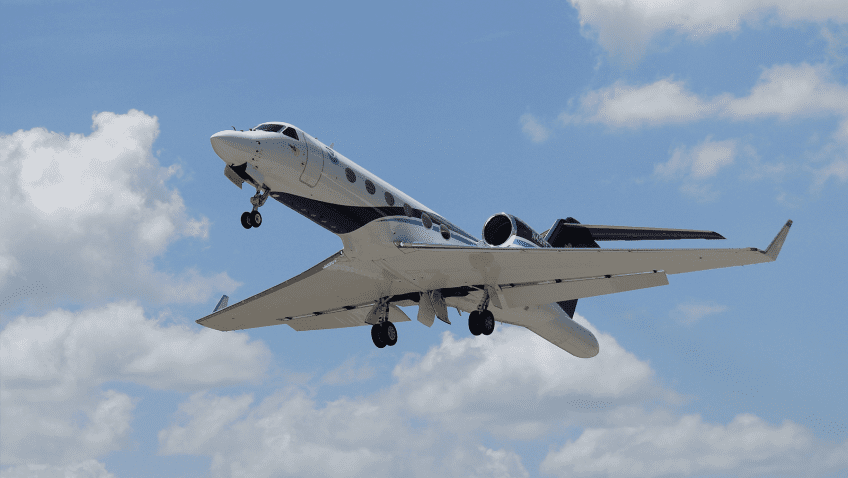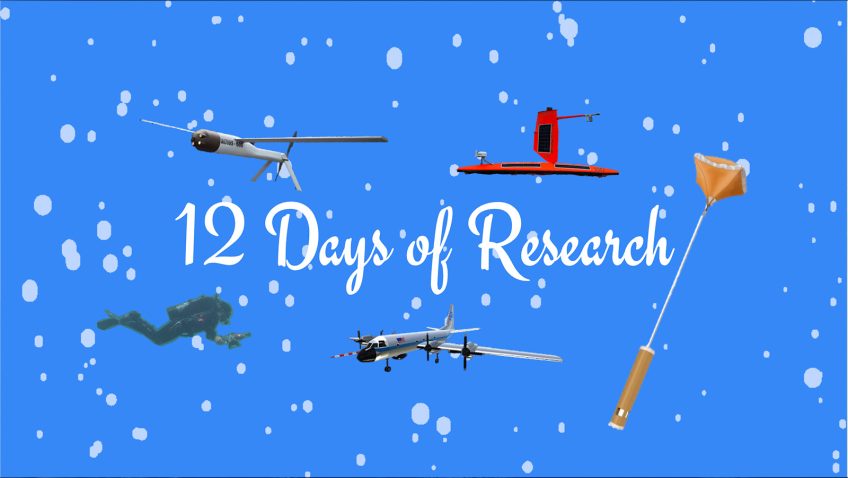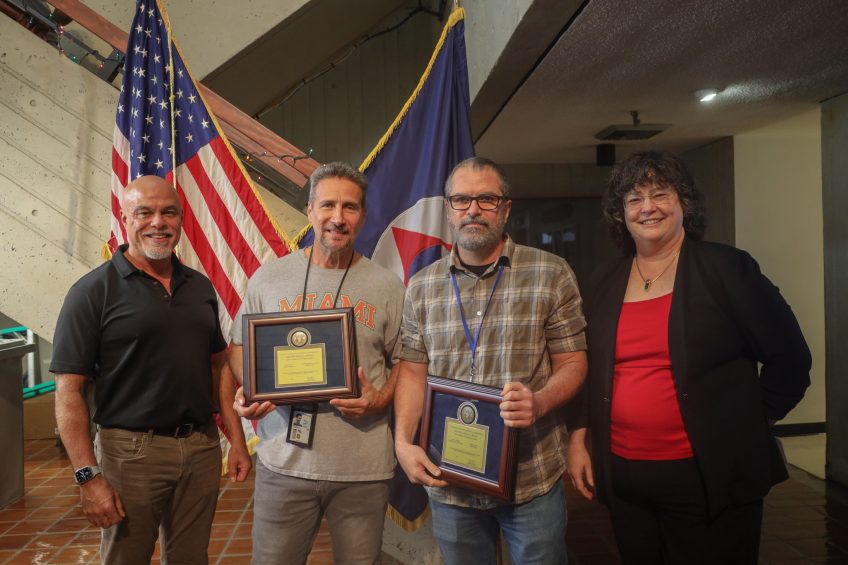Tropical Cyclone Freddy breaks records as the longest-lasting cyclone on record. Spanning 36 days, it traveled from the Australia to Africa, nearly 33% of the Earth’s circumference.
Read Full Article
Observational Instruments Hurricane observational instruments allow scientists to collect real-time data that improves the accuracy of hurricane forecasts and provides critical information for weather prediction models. SCROLL TO LEARN MORE Researchers at the Atlantic Oceanographic and Meteorological Laboratory (AOML) employ an array of instruments to gather data from inside hurricanes. These instruments range [...]
Read Full Article
Hurricane Field Program Data 2024 Storms Click storm name to see data collected during each mission. Atlantic Basin Alberto (AL01) Disturbance 2 Disturbance 4 Beryl (AL02) Chris (AL03) AEW/MAGPIE Debby (AL04) Ernesto (AL05) Francine (AL06) PTC08 (AL08) Helene (AL09) Milton (AL14) Nadine (AL15) Oscar (AL16) Rafael (AL18) Sara (AL19) Misc East Pacific Basin John (EP10) [...]
Read Full Article
In May 2024, representatives from the Hurricane Modeling Team at NOAA’s Atlantic Oceanographic & Meteorological Laboratory (AOML) hosted a Summer Colloquium focused on equipping the next generation of hurricane scientists with a knowledge base of the HAFS model.
Read Full Article
With an active hurricane season on the horizon, the need for reliable hurricane forecasting is at the forefront of our minds. Heightened sea surface temperatures, weakened vertical wind shear, and an enhanced West African monsoon are expected to contribute to the development of tropical cyclones in the Atlantic. To predict these developing storms, meteorologists employ models that rely on current observations and mathematical calculations to predict a storm’s behavior and track. These models are complex and utilize inputs from a variety of sources including historic, numeric, oceanic, and atmospheric data to generate their predictions.
Read Full Article
Improvements in the operational Hurricane Weather Research and Forecasting Model paved the way for tropical cyclone prediction and modeling by lowering intensity forecast errors by 45-50%.
Read Full Article
Hurricane Field Program 2024 Season The 2024 Hurricane Field Program supports NOAA’s Advancing the Prediction of Hurricanes Experiment (APHEX). This page is organized by projects that support research into the lifecycle stages of storms, from genesis to end stage, as well as ocean observations and satellite validation. About APHEX: Developed in partnership with NOAA’s Environmental [...]
Read Full Article
In a groundbreaking new study, National Oceanic and Atmospheric Administration (NOAA) scientists unveiled a significant advancement in hurricane tracking and forecasting. The study, named “The G-IV Inner Circumnavigation: A Story of Successful Organic Interactions Between Research and Operations at NOAA,” discusses how scientists across NOAA are improving hurricane forecasts through the effective use of NOAA […]
Read Full Article
Happy Holidays to all! As we close out 2023, join us as we look back at some of our top research highlights this year! From responding to heat waves to setting records and launching new tech, our dedicated team continues to push the boundary in an effort to support NOAA’s mission to build a climate-ready […]
Read Full Article
AOML scientists, staff, and team members were recognized this year for their outstanding contributions and dedication to NOAA’s mission. The following individuals and teams are recipients of prestigious awards that acknowledge their dedication to sharing our mission and initiatives with the community, fostering deeper connections and leaving a lasting, positive impact on the lives of those we […]
Read Full Article
